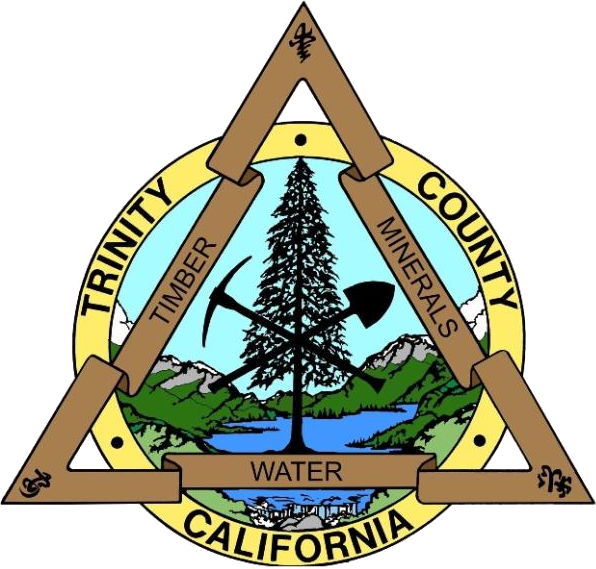US Department of Veterans Affairs
Dependency and Indemnity Compensation
- Dependency and Indemnity Compensation is a tax-free monetary benefit available to the surviving spouse, dependent child, or dependent parent of a Veteran who died in the line of duty or from a service-connected injury or illness.
- The Veteran must have:
- Died while on active duty, active duty for training, or inactive duty training, or
- Died from a service-connected injury or illness, or
- Died from a nonservice-connected injury or illness, but was able to receive VA compensation for a service-connected disability rated as totally disabling for a certain period of time. Veteran must have been eligible:
- For at least 10 years prior to death, or
- Since release from active duty and for at least 5 years immediately prior to death, or
- For at least 1 year prior to death (former Prisoners of War who died after September 20, 1999 only)
- Spouse may be eligible if:
- You married the Veteran before January 1, 1957, or
- You married the Veteran within 15 years of their discharge, or
- You were married to the Veteran for at least 1 year, or
- You had a child with the veteran. You must not currently be remarried or were at least 57 years old at the time of your remarriage, and either lived with the Veteran without a break until his/her death or, if separated, were not at fault for the separation
- Children may be eligible if they:
- Are not married, and
- Are not included on the surviving spouse's compensation, and
- Are under the age or 18, or are under the age of 23 and attending school
- Parents may be eligible if they:
- Are the biological, adoptive, or foster parent of the Veteran immediately prior to his/her entrance into active service, and
- Have an income below an established amount
- The Veteran must have died while on active duty or active training, or from from a service-connected illness or injury.
- Contact the Veteran Services Office for help with applying for DIC benefits. Bring the following documents to your appointment:
- Veteran's discharge or separation papers (DD214, DD215, etc.)
- Dependency records (marriage license, divorce decrees, children's birth certificates)
- Medical evidence (medical records, doctor/hospital reports)
- Proof of school attendance (surviving children only)
- Financial records (dependent parents only)
- If you cannot find your documentation, your Veteran Services Officer may be able to help you obtain new copies.
- Current DIC Benefit Rates
Survivor Pension
- Survivor Pension is a monthly monetary benefit available to the surviving spouse or unmarried dependent children of wartime Veterans.
- Veteran must have been discharged under other than dishonorable conditions. The Veteran must have also served at least one day on active duty during wartime and entered active duty:
- Before September 8, 1980, serving at least 90 days on active duty, or
- After September 7, 1980, serving at least 24 months on active duty (or the full peiod for which they were ordered to active duty), or
- After October 16, 1981, and was an officer who had not previousy served on active duty for at least 24 months.
- Surviving Spouse may be eligible if he/she:
- Has not remarried after the Veteran's death, and
- Has an income and net worth within limits set by Congress
- Dependent Children may be eligible if they are unmarried and are:
- Under the age of 18, or
- Under the age of 23 and attending school, or
- Unable to care for themselves due to a disability that occurred prior to age 18
- Contact the Veteran Services Office for help with applying for Survivor Pension benefits. There are limitations on what counts as income and net worth, so you may qualify even if it appears that you don't. Bring the following documents to your appointment:
- Discharge or separation papers (DD214, DD215, etc.)
- Dependency records (marriage license, divorce decrees, children's birth certificates)
- Financial records (income, bank records, medical expenses, etc.)
- Medical evidence (dependent children only)
- Proof of school attendance (dependent children only)
- If you cannot find your documentation, your Veteran Services Officer may be able to help you obtain new copies.
- Current Survivor Pension Rates
|
Wartime Period |
Dates |
|
World War II |
December 7, 1941 through December 31, 1946 |
|
Korean Conflict |
June 27, 1950 through January 31, 1955 |
|
Vietnam Era |
August 5, 1964 through May 7, 1975 February 28, 1961 through May 7, 1975 for Veterans who served “in country” before August 5, 1964 |
|
Gulf War |
August 2, 1990, through date to be determined |
Burial Entitlements
Education
Home Loan Guarantee
Health Care
California Department of Veterans Affairs
College Fee Waiver
